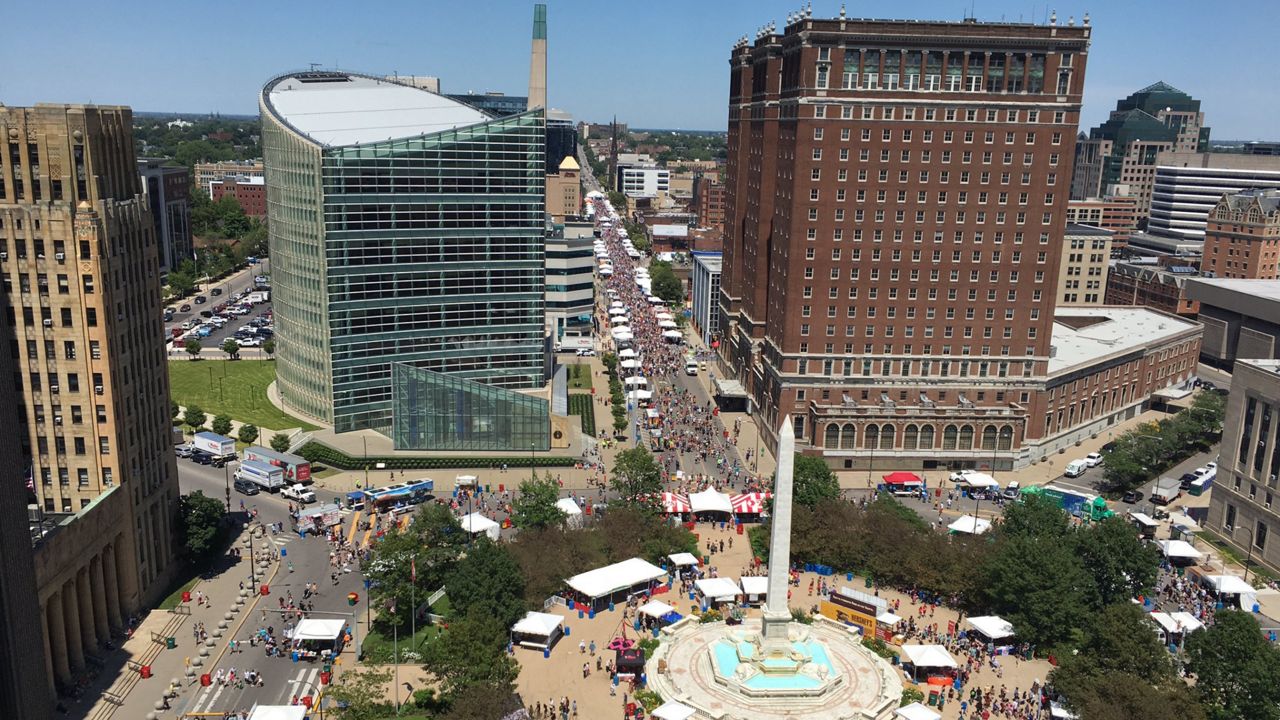The City of Buffalo stopped its checkpoint traffic stops a little more than a year ago, but some drivers say the city is still targeting low-income families, putting them into increasing traffic ticket debt.
A study by the National Center for Law and Economic Justice shows traffic stops are concentrated on the city’s east side.
The Fair Fees + Fines Coalition, speaking at a public forum in the Merriweather Library Wednesday night, said the city is generating revenue at the expense of low-income people and communities of color.
The Buffalo Police Department and Buffalo Parking Commission are also weighing in on the conversation.
"We can't mandate that officers write tickets to certain quota amount. That’s not something that we do,” said Buffalo Police Department Captain Jeff Rinaldo. “We don't have quotas. There is discretion and I think the general public wouldn't want to see that discretion removed which would result in every motorist being issued a ticket."
He said that a majority of checkpoints set up throughout the city were in response to community complaints about traffic issues.
"A lot of that traffic revenue has been used and funneled through the city of Buffalo's general budget fund,” said Jalonda Hill of the Fair Fines + Fees Coalition. “The reason why that is so unjust is you can argue that police officers have an incentive to aggressively ticket."
"Getting a traffic ticket you can't afford can lead to an endless, cycle of punishment and poverty and we want to end that cycle," said New York State Director of Fines and Fees Justice Center, Katie Adamides.
"We still see heavy police presence in those [low-income] communities and, as a result, we see high rates of ticketing compared to higher income, majority white communities," said Danielle Pelfrey Duryea of African American Health Disparities Task Force.
A federal class action lawsuit has been filed against the city, claiming discriminatory practices are in place when it comes to traffic tickets.









